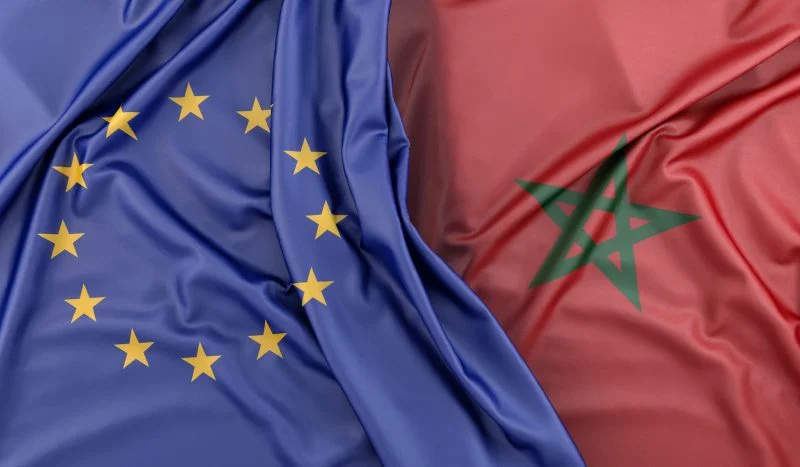
The European Commission has welcomed the signing of an amended agricultural agreement between Morocco and the European Union (EU), designed to extend preferential tariff treatment to the Sahara region.
The agreement, signed in Brussels on Friday, underscores the growing multidimensional partnership between Rabat and Brussels and formally recognises the integration of Morocco’s southern provinces in bilateral trade relations.
“This agreement strengthens a long-standing partnership between Rabat and Brussels,” the Commission said in a press release on Monday, October 6, highlighting the strategic and economic importance of the move.
Under the amended agreement, which applies provisionally from October 3, 2025, agricultural products originating from the regions of Laâyoune-Sakia El Hamra and Dakhla-Oued Eddahab will receive the same preferential access to the European market as those produced in the rest of Morocco.
The deal provides clear rules for proof of origin and labelling, ensuring that the benefits of preferential tariffs are granted to the intended producers.
The European Commission also noted that discussions on the agreement will continue within the EU Council and European Parliament, with both parties expressing interest in deepening their cooperation through the eventual conclusion of a broader strategic partnership agreement.
This agreement builds on the 2018 deal, reaffirming the EU’s commitment to facilitating trade while guaranteeing legal certainty and continuity for economic operators.
By extending the preferential framework to the Sahara, Brussels aims to support economic development in Morocco’s southern provinces and strengthen the overall trade relationship.
Trade between Morocco and the EU currently exceeds €60 billion annually, spanning industrial and agricultural goods. Experts say the amendment is likely to enhance Morocco’s agricultural exports and further consolidate the kingdom’s position as a key partner in European markets.
For both Morocco and the EU, the agreement signals a continued commitment to economic integration, regulatory transparency, and strategic cooperation, reflecting the evolving nature of their bilateral relations in an increasingly interconnected global economy.



